It’s not usual to see on my personal Facebook page a fellow writer bemoaning a bad review. Often the writer will even post the link to a bad review so friends can take a few swipes at the review too. Did you ever think a bad review could actually work in your favor? I didn’t until recently.
1. Makes it real. Check Amazon reviews for New York Times Best Selling Authors. I did with Stephen King’s Mr. Mercedes. The book earned every star imaginable with 123 one-star scathing reviews. About half of 4,860 reviews were 5-stars, which confirmed fans didn’t automatically grant the award-winning writer 5-stars for simply publishing a book.
2. Amazon tends to yank reviews as bogus if a book only has five stars reviews. Often it is hard to believe an unknown author who self publishes a book automatically has 50 perfect 5-star reviews off the bat, especially if they aren’t verified purchases and tend to be vague with statements including best book I’ve ever read in my life and couldn’t put it down. Now, I’ve heard other writers complain Amazon took down legitimate reviews because there was none under five stars in the group.
3. Bad reviews often tell what the person thought the book needed. I’m actually appreciative of a Goodreads review that specified I didn’t include enough backstory about the hero. If you allow it, a less than glowing, but insightful review can make you a better writer.
4. If a person actually read the book, the review should reflect what they didn’t like about it. A friend who writes steamy romances received a one-star review with comments that the book was full of sex in every chapter, hot, steamy, kinky sex, and the woman had to finish the entire book to see if got any less sexy. It didn’t. Ironically, that bad review shot up her sales.
5. After your anger dissipates, re-read the review and see what the reviewer really stated. I received a one-star review from a reviewer who received my book free because she thought it was too expensive. I actually passed this info onto my publisher who lowered the price some. Once I stumbled past the one star, the reviewer actually liked the book.
6. Reviews are opinions and not everyone will like your book. Ever. It helps other people who may have similar tastes to pick out the book that best suits them. Bad reviews come from bad fits more often than truly awful books.
7. What about the bogus bad reviews? Sure, there are trolls out there who often download free books, never read them, and give concise reviews with insightful tidbits such as: this book sucks, could have been written by a second-grader, and I wanted to like this book, but… Most serious readers (people who buy books) are looking for more detail than that.
8. Consider the source. When reading Amazon reviews, you can click on the reviewer to see previous reviews. You may discover the reviewer gave almost everything one or two stars. The ability to rate something gives the common person power.
9. Review magazine, newspapers, and even review companies like Kirkus Reviews hold more weight than Lois in Des Moines who referred to your book as self-indulgent, myopic pseudo literature.
10. There are people who never read reviews. Never. They judge a book on the previous book. Keep writing.
11. Many famous authors never read reviews. I rubbed elbows at a Monte Carlo night with a favorite author who admitted she didn’t read reviews because it would influence what she was writing. Obviously, you can’t change your writing style to please an unhappy reviewer.
Often I buy a book because
· I heard the author speak in a public forum.
· It’s about a subject that interests me.
· It’s in my genre.
· Recommended by an author I liked.
· Liked the cover.
· It was free.
· It was a gift.
· We sat next to each other at a book signing.
· I wanted to explore the genre.
· Heard an author interview on the radio.
· Amazon recommendation
· Blog hops
· Tweets
Today, I was checking a book order on Amazon. I noticed I have bought 39 books in less than six months. I think that makes me a decent customer, but not once did I buy a book due to a review, good or bad. Something to consider when faced with a bad review.
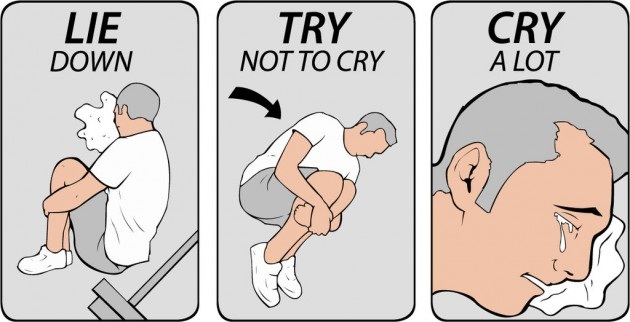
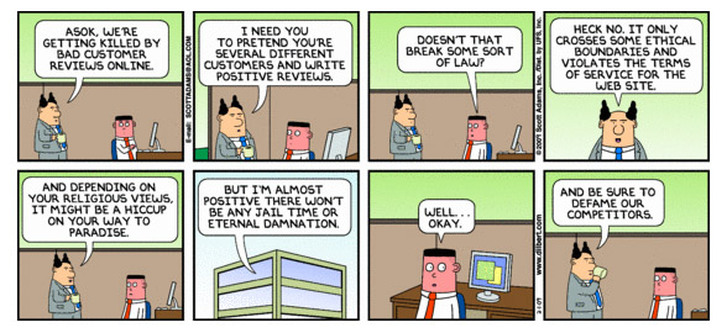
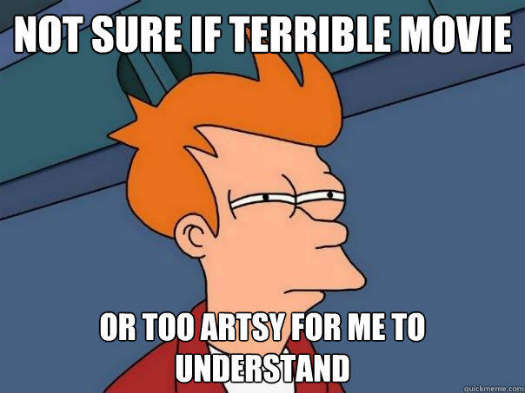

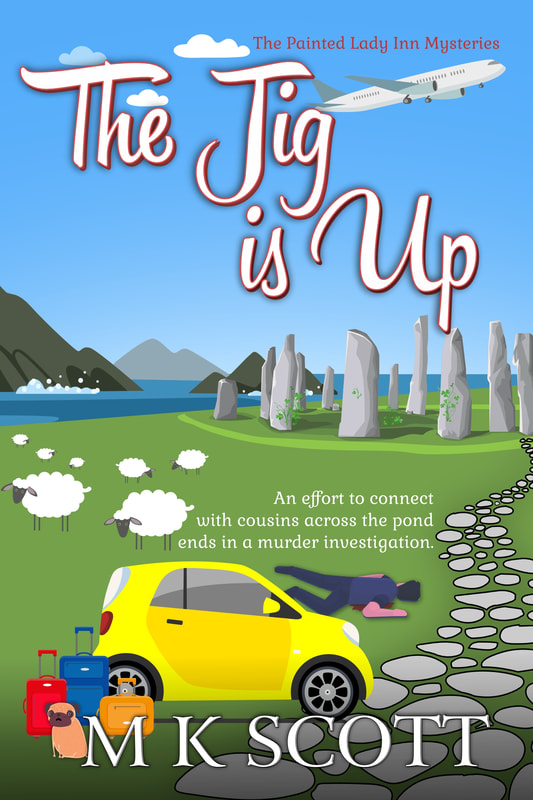
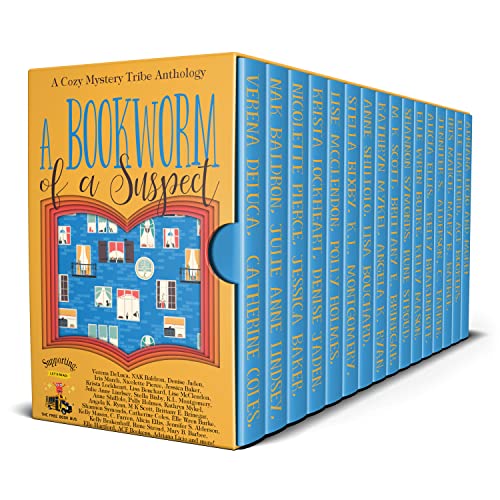
 RSS Feed
RSS Feed
